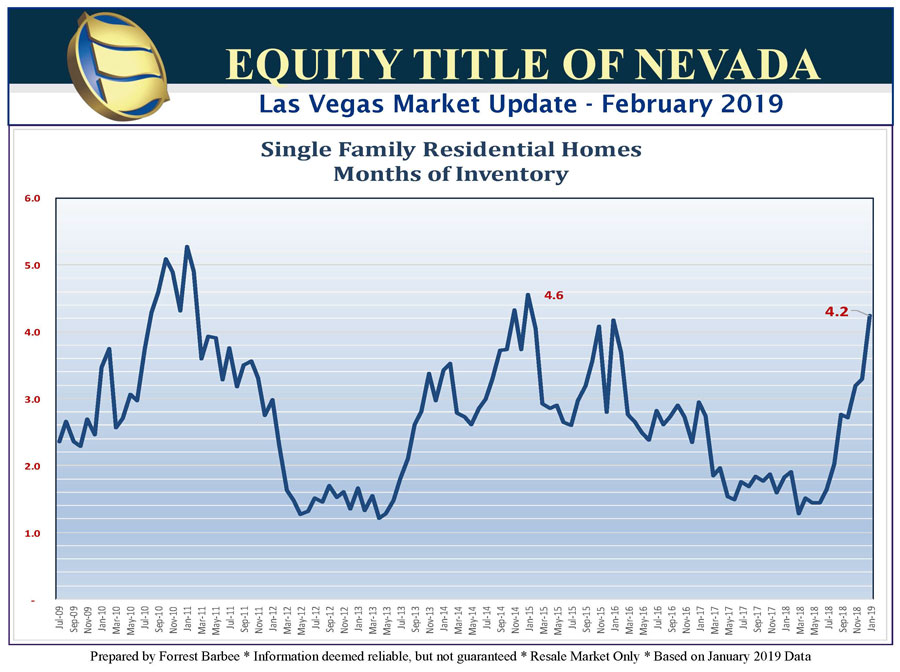Nearly 6-Mile Multi-Year Repaving of Las Vegas Boulevard Expected to Cause Headaches for Motorists
LAS VEGAS – The famed Las Vegas Strip is about to get a major overhaul in the form of a massive repaving, and it’s one that’s sure to create a major headache for local area drivers throughout the course of the multi-year effort, which represents a joint effort of the Las Vegas Valley Water District and Clark County.
A 5.7 mile stretch of Las Vegas Boulevard, ranging from 215 Beltway to Sahara Avenue, is going to be experiencing ongoing work beginning in June of this year, with the project expected to be finished by July of 2022, according to the Clark County Public Works department.
While the roadway will be receiving a fresh start on life, the work also opens up the opportunity for the Las Vegas Valley Water District to install new water mains in place of old ones that were sorely in need of replacement; this includes dual lines in some regions. Also, further enhancements will be added to Las Vegas Boulevard throughout the construction process; multiple improvements and upgrades to the infrastructure are slated to include technology governing pedestrian safety, new roadway medians, and the installation of new, energy-efficient LED lighting.
In addition, there are plans to add a fourth lane to the Boulevard in order to alleviate traffic congestion in the area and enhance safety as it relates to foot traffic; local pavement, officials say, is currently in poor shape, and this project is aimed at addressing it.
Clark County officials have noted that they are taking great pains to conduct the repaving and renovation work on Las Vegas Boulevard as quickly as possible. While seeking to avoid impacting or worsening local traffic congestion – an estimated 36,000 to 60,000 vehicles utilize the Boulevard on a daily basis – work will be carried out at night, between 2 a.m. and 10 a.m. on Monday through Thursday.
County officials have noted that work has been coordinated convention hall and resort owners along the Las Vegas Strip to ensure that major meetings, entertainment conventions and expos are not impacted by the repaving and other rehab work being carried out. At least two lanes in either direction are slated to remain open at all times during all phases of the project, officials say.
The construction will be carried out in five phases throughout a three-year work schedule; Phase A is estimated to cost approximately $33 million and cover the region of the roadway from Sahara to Spring Mountain Road. The complete cost of the project, including all five phases, has yet to be estimated, officials say.
Shelter Realty Property Management specializes in the areas of Henderson, Las Vegas and North Las Vegas, NV. Feel free to give us a call at 702.376.7379 so we can answer any questions you may have.


